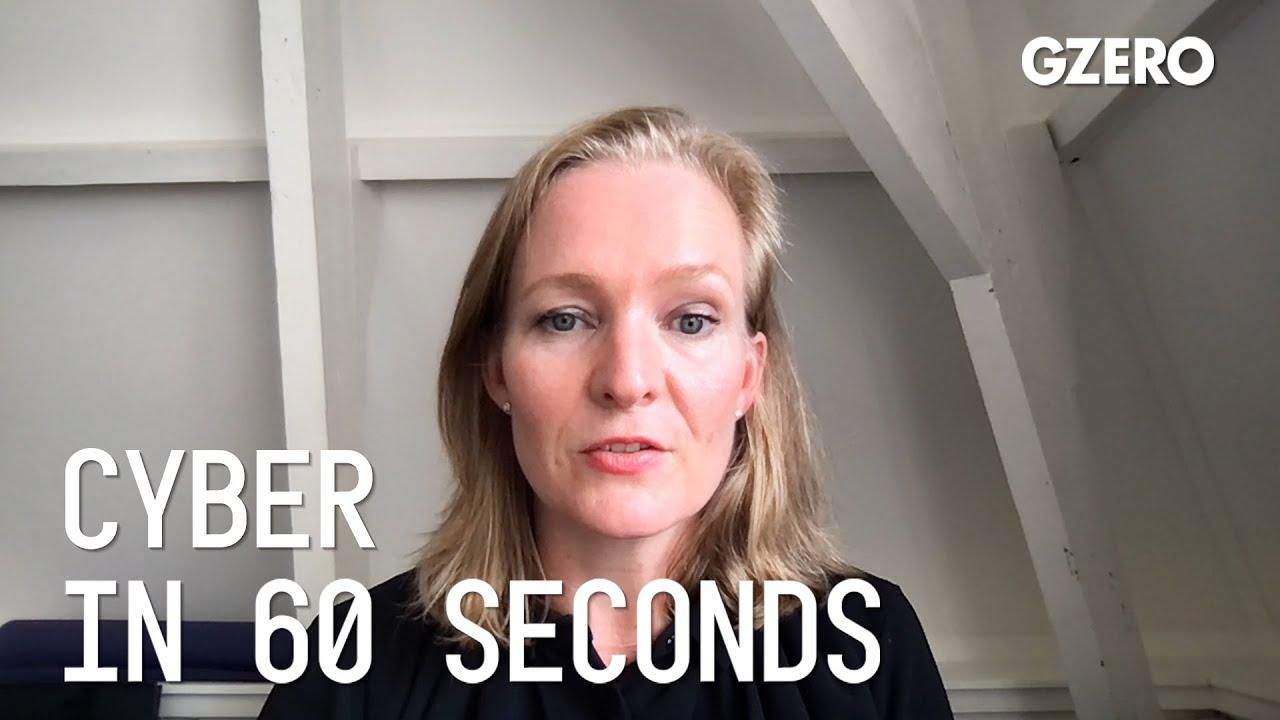
Marietje Schaake, International Policy Director at Stanford's Cyber Policy Center, Eurasia Group senior advisor and former MEP, discusses trends in big tech, privacy protection and cyberspace:
How will China's tech crackdown affect the rest of the world?
Well, investors in the US, but also globally were not amused with Beijing's policy decisions coming right after DiDi's IPO and leading to huge losses. Overseas listings are now directly targeted in moves that are being defended as being based on national security, kind of sounds familiar, but the value of Chinese tech stock all over the world is dropping. But still, many continue to view the relationship between Chinese-based companies and the state as symbiotic. So if nothing else, recent moves certainly show that Chinese decision-makers want to keep their grip on anything that happens in the country, very firm.
What is the controversy behind the real-time crime app "Citizen"?
While the company is acting in line with its previous name "Vigilante", because it's profiting from vigilantism by offering private security services and exploiting people's fear, encouraging them to be monitored 24/7 in the name of their own safety. That means that the app can listen in on audio for the sound of screams for example. They essentially want to go around public services like the police or first aid providers. The company misidentified a suspect of a crime and put a $30,000 reward on their head. It's quite a far-reaching service and we'll have to see how much longer people will tolerate it.
- Bitcoin's volatility may dim its appeal; China's crypto crackdown ... ›
- US & allies unite against China's cyberattacks - GZERO Media ›
- Report: China's cyber security a decade behind the US, despite ... ›
- Will China's tech sector be held back? - GZERO Media ›
- Can China limit kids’ video game time? Risks with facial recognition - GZERO Media ›